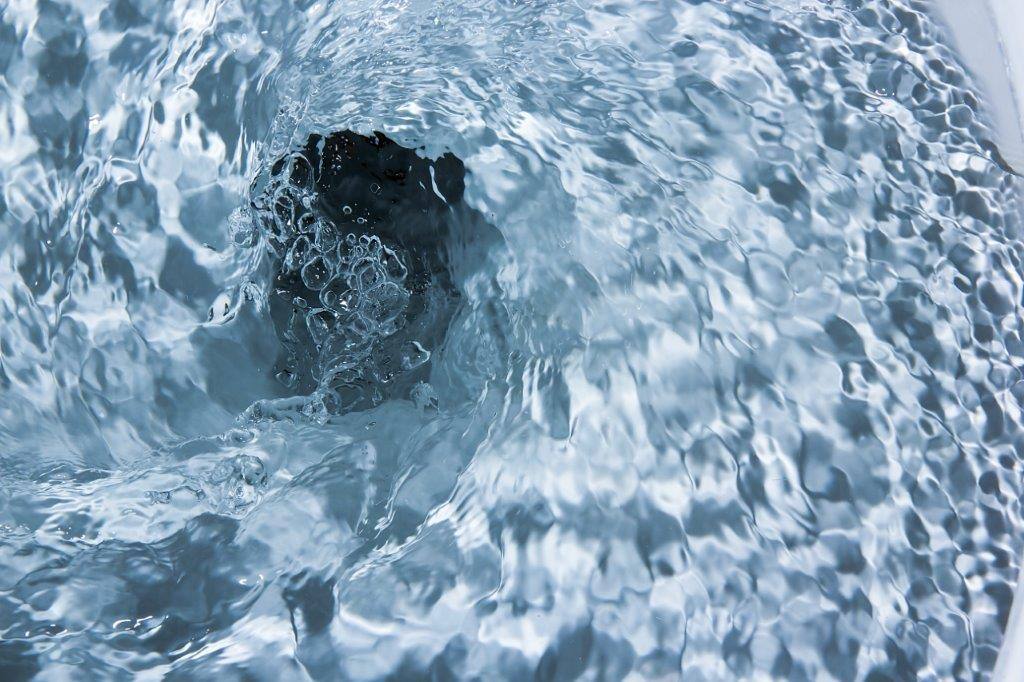EDANA reasserts effectiveness of industry flushability standard GD4

Context
The Marine Conservation Society has challenged industry guidelines on flushability (GD4) as “insufficient” and recommends consumers not to buy wipes produced to this standard and retailers to not stock them. MCS instead advocate the adoption of the ‘Water Industry Specification’ WIS 4-02-06 to assess the flushability of wipes
Position statement
EDANA unequivocally reasserts the effectiveness of industry flushability standard GD4 and strongly challenges MCS’ claim that it is “insufficient for UK sewers” and that the test methods are not robust enough. GD4 has a history of over 15 years of rigorous testing and regular review that comprehensively demonstrates the compatibility of flushable wipes with wastewater infrastructure. It has proven to be effective in both the test environment and by Water UK’s 2017 study of sewer blockages.
Increased awareness leading to the reduction of the improper disposal of non-flushable wipes fats, oils and grease and will have the largest impact in reducing sewer blockages and marine litter.
Reducing sewer blockages and marine litter is a common objective EDANA share, and have discussed repeatedly, with the MCS, Defra and Water UK. We still hold ambitions to work with them and a range of UK stakeholders to reach this goal. This debate on standards should not be a hurdle to that and EDANA is perplexed as to why this is apparently the case.
• EDANA continues to promote GD4 as the proven industry standard for flushable wipes and strongly advocate the industry guidelines for correct disposal labelling of non-flushable wipes.
• EDANA considers it unnecessary, and possibly counterproductive, to promote a separate protocol which will confuse the market.
• The test methods that form the basis of GD4 were reviewed by experts from industry, academia, consultancy and the wastewater industry. The WIS protocol, and accompanying ‘Fine to Flush’ label, was devised without proper consideration from the manufacturers of the products in question.
• EDANA affirms that there are no GD4 compliant flushable wipes containing plastic fibers
• The WIS lacks the solid history of implementation of GD4, garnered over the years of extensive research and testing. Only one lab can perform the WIS tests and there is a lack of information about reproducibility and repeatability of the protocol.
• Focusing on discrediting proven test methods while ignoring the root causes is misleading. Increased awareness leading to the reduction of the improper disposal of fats, oils and grease and non-flushable wipes will have the largest impact in reducing sewer blockages and marine litter.
• GD4 (including the labelling Code of Practice) is the basis for national legislation or standards in Belgium and Spain and is in the process of being adopted by Waste Water authorities in other European countries. GD4 acceptance within the wastewater and regulatory sectors in these countries provides important validation that these test methods, pass/fail criteria, and “Do Not Flush” labelling practices are fit for purpose. The risk of fragmentation of standards within Europe could further confuse the issue for retailers and consumers.
Wipes manufacturers firmly believe that close collaboration with other relevant parties, most notably the wastewater industry, is the optimum approach to achieve products that meet consumer needs, agree on standards, and align on communication initiatives that inform consumers and retailers alike.